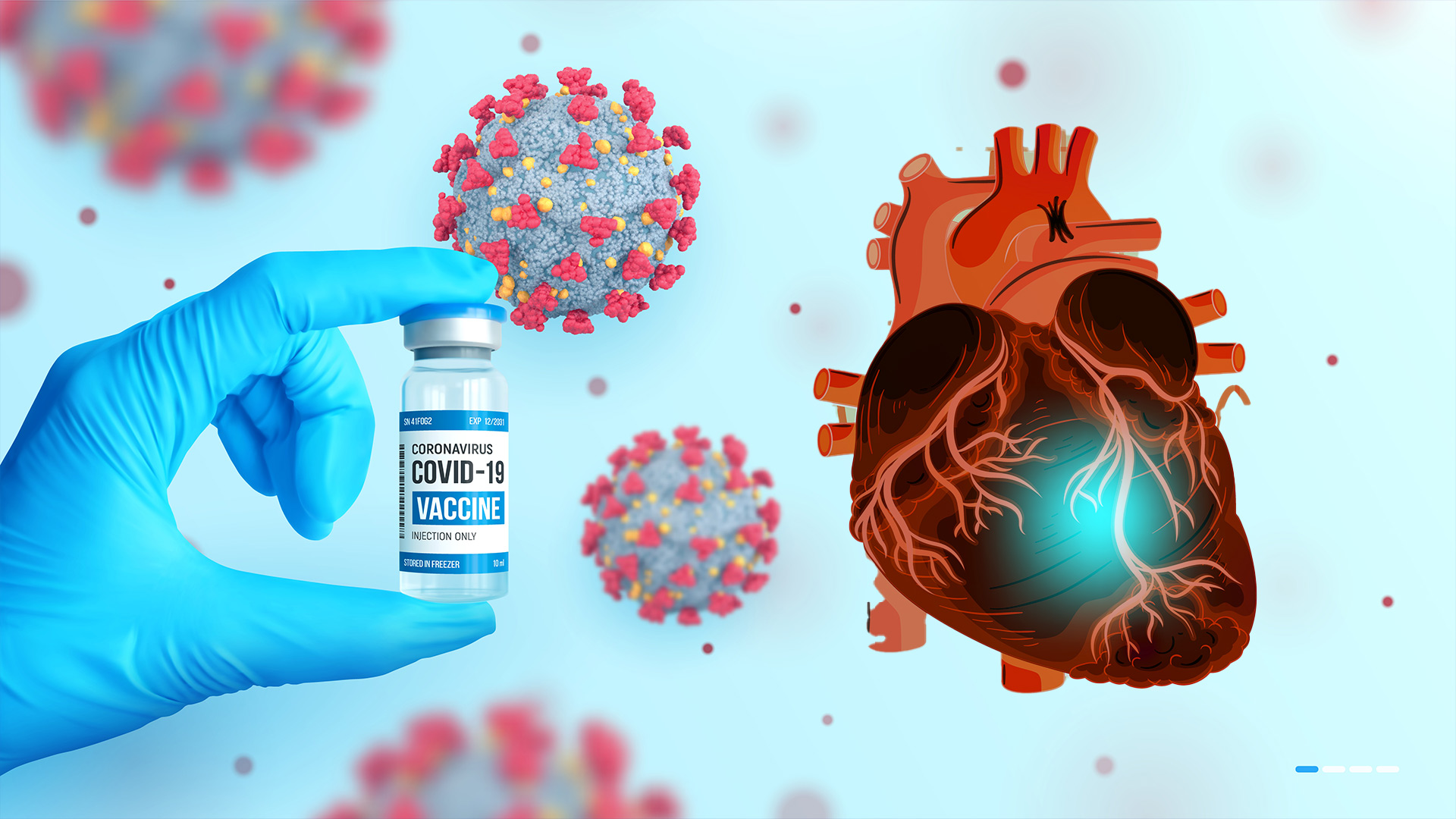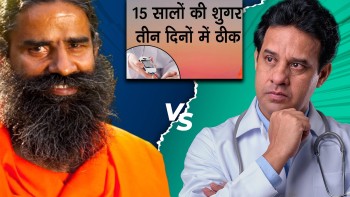Understanding Vaccine-Induced Thrombotic Thrombocytopenia (VITT)
Vaccine-induced thrombotic thrombocytopenia (VITT) is a rare syndrome associated with some vaccines, where blood clots can form along with a drop in platelet count. This syndrome is linked to the activation of the body's clotting system, potentially triggered by certain proteins in response to vaccination.
How Rare is VITT?
According to 2022 global reporting data, the incidence of VITT with the AstraZeneca vaccine in the Western Pacific region was approximately 4 cases per 1 million doses. In Asian countries, the rate was even lower at around 0.2 cases per 1 million doses, as reported by WHO. Another study indicated an incidence of 7.5 cases per 1 million doses. These numbers demonstrate that VITT is extremely rare.
In contrast, the risk of developing blood clots or low platelet counts from COVID-19 itself is much higher—almost 15-20% for clotting. Thus, the risk from the vaccine is significantly lower than the risk posed by the virus itself.
Timing of VITT
If VITT occurs, it typically manifests 1-2 weeks after vaccination, with some cases appearing up to a month later, but not beyond that. This information helps to understand that the risk of long-term effects is low, and there is no need to panic years after receiving the vaccine.
Why No Need to Panic?
The rare side effects associated with vaccines like Covishield are not new; they have been studied, reported, and continuously monitored by regulatory bodies. Although no drug or vaccine is entirely without risk, clinical trials ensure that benefits significantly outweigh the risks.
Vaccine-related side effects, like those from other medications, are evaluated for safety and effectiveness. For example, drugs for high blood pressure can sometimes cause increased potassium levels, and diabetes medications may lead to increased fungal infections. Despite these risks, vaccines have saved countless lives during the COVID-19 pandemic and prevented many hospitalizations.
Don't Trust Misinformation
Some influencers may suggest unnecessary tests like D-Dimer, ECHO, Ultrasounds, or CT scans for people without symptoms. These tests can result in false positives and unnecessary stress. Proper diagnostic testing is essential, but it's crucial to follow medical advice from reputable sources.
Conclusion
The fear surrounding rare vaccine side effects is often overblown. The data on vaccines has been transparent, with regulatory bodies closely monitoring and capturing information on rare events. These events are not proof of causation, and most vaccines are associated with significant public health benefits.
Let's focus on facts, not fear, and continue spreading accurate information to ensure public confidence in life-saving vaccines.






Recent comments
Latest Comments section by users
Guest
May 01, 2024
Modern life style, climate change, toxins in diet,water, Air, and excess stress are to be considered, taken care of, rather than blaming drug, vaccine side effects
Guest
May 01, 2024
Modern life style, climate change, toxins in diet,water, Air, and excess stress are to be considered, taken care of, rather than blaming drug, vaccine side effects